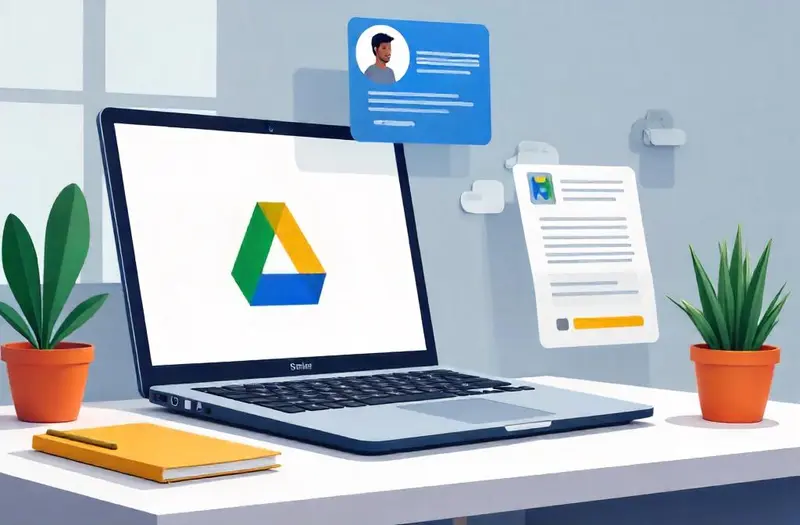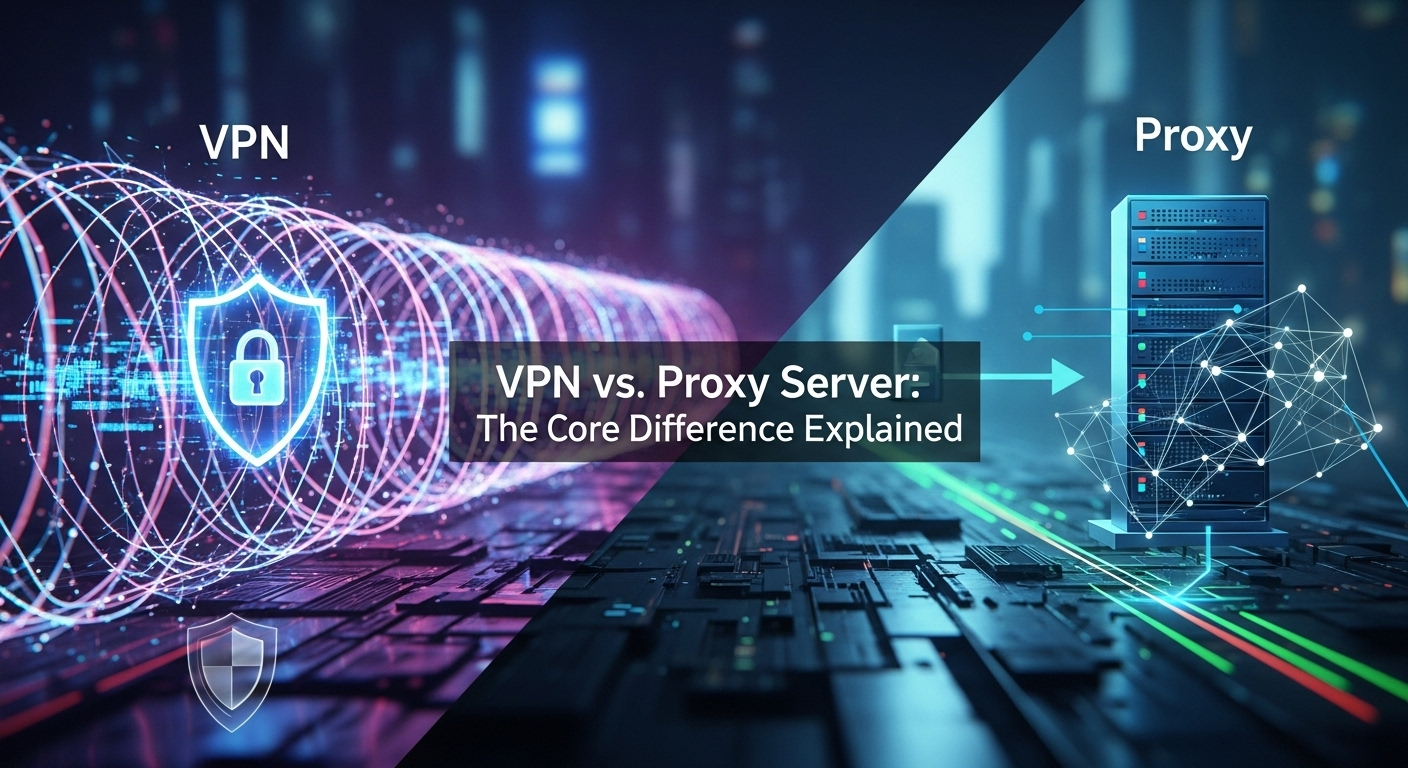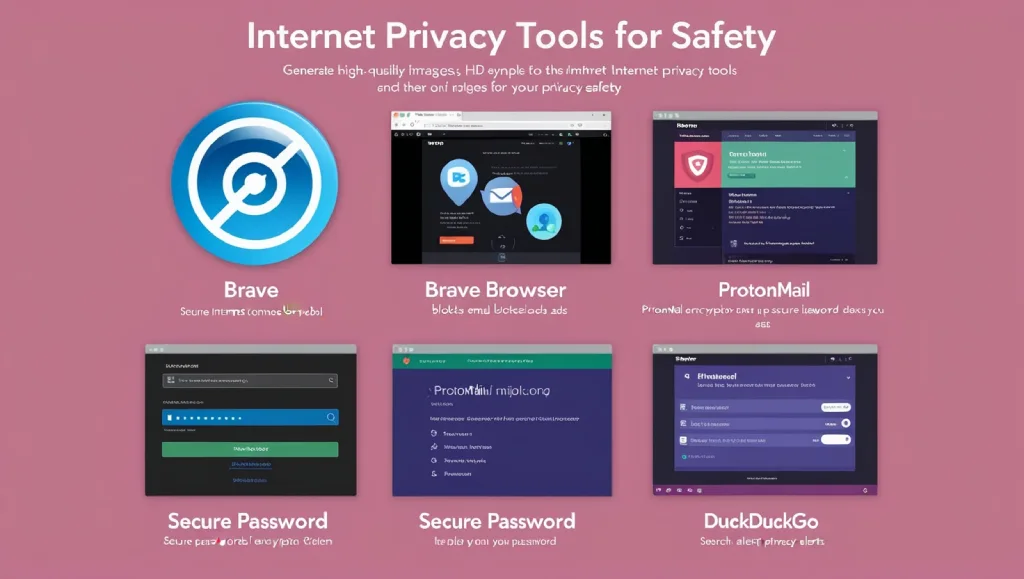vpnpieces.com – To begin, how to use Google Drive for file sharing starts with understanding its foundational capabilities. Google Drive, a part of Google Workspace, allows us to store, access, and share files securely in the cloud. It supports multiple file types—from PDFs and spreadsheets to videos and proprietary formats like Photoshop files—making it highly versatile.
Google Drive comes with 15GB of free storage per user, with options to upgrade through Google One or Workspace plans. With real-time synchronization and the ability to access your files from any internet-connected device, it’s no surprise that Drive powers more than 2 billion active users globally.
Sharing files is intuitive, but knowing the layers behind its interface—such as permission levels, link visibility, and ownership—ensures you’re not just sharing, but doing it securely and efficiently.
A 2024 Statista survey revealed that over 72% of U.S. remote teams rely on Google Drive as their primary collaboration platform. This is largely due to its seamless integrations with Docs, Sheets, Slides, and Gmail.
Table of Contents
ToggleStep-by-Step Google Drive File Sharing Tutorial
1. Upload or Create the File
To begin sharing, first upload your document or create one within Google Drive.
- Click “+ New”
- Choose “File Upload” or select “Google Docs/Sheets/Slides” to create
- Once uploaded, right-click the file and choose “Share”
Pro Tip: Files created within Google Drive are automatically saved, ensuring no data is lost during sharing or editing.
2. Choose Your Sharing Options
Clicking “Share” opens a window where you can:
- Add specific emails
- Change permissions (Viewer, Commenter, Editor)
- Generate a sharable link
Google Drive sharing settings allow link-based access, domain-restricted access, or full public access, depending on your need.
3. Adjust Advanced Sharing Settings
Click the gear icon to control:
- Editor ability to change permissions
- Viewer download/print/copy rights
Best practices for Google Drive sharing always recommend restricting editors from adding new people unless necessary.
Google Drive Sharing Permissions Explained
Understanding permission levels is vital for maintaining data integrity and privacy.
1. Viewer
Allows recipients to only view the file. They cannot comment or edit.
2. Commenter
Enables users to add comments without making changes to the file.
3. Editor
Grants full access, including editing content, changing permissions, and even deleting the file in some cases.
Tip: For contracts or official documents, always start with Commenter to track suggestions before offering Editor access.
Table: Comparison of Google Drive Permissions
| Permission Level | Can View | Can Comment | Can Edit | Can Reshare |
|---|---|---|---|---|
| Viewer | ✅ | ❌ | ❌ | ❌ |
| Commenter | ✅ | ✅ | ❌ | ❌ |
| Editor | ✅ | ✅ | ✅ | ✅ (by default) |
Google Drive Folder Sharing Guide
Sharing a folder gives access to all files within it.
1. Create a Folder for Team Collaboration
Use descriptive names like “Marketing Assets Q3 2025” to make the folder easily identifiable.
2. Add Collaborators and Permissions
Right-click the folder > Click “Share” > Add people or links. You can set universal permissions or configure file-specific rules inside.
Folders are ideal for group projects, team reports, or digital libraries.
Sharing Files Using Google Drive on Mobile
The mobile experience is nearly as robust as desktop.
1. Access the Google Drive App
- Available on iOS and Android
- Use Face ID or biometrics for security
2. Share via App Interface
- Tap on the file > Tap the three dots > Tap “Share”
- Assign permissions, or copy the share link
Google Drive sharing features via mobile are perfect for remote professionals or on-the-go file updates.
Google Drive Collaboration Tools for Teams
Team collaboration is where Google Drive truly excels.
1. Use Google Docs for Real-Time Editing
Multiple users can edit a document simultaneously, with live cursor tracking and comments.
2. Utilize “Suggesting Mode”
Instead of editing directly, teammates can propose changes that others can approve or reject.
Google Drive real-time collaboration boosts decision-making by reducing back-and-forth email chains.
Google Drive Link Sharing Tutorial
This method is ideal for mass sharing or embedding in platforms like Slack or Trello.
1. Click “Share” > “Copy link”
Then choose:
- Restricted (only added people)
- Anyone with the link (public but with selected permissions)
2. Use with Caution
Google Drive public sharing tips recommend using expiration dates and turning off “Editor” mode for broad distribution.
A 2023 cybersecurity audit found 38% of leaks in organizations stemmed from overly permissive link-sharing settings.
Secure File Sharing with Google Drive
Security is paramount when dealing with sensitive files.
1. Enable Two-Factor Authentication
Ensure your account is protected even if credentials are compromised.
2. Use Expiring Access Links
For temporary collaborations, set link expiration and remove access after use.
Google Drive for business file sharing includes audit logs, data loss prevention, and secure identity checks.
Google Drive for Remote Collaboration
Working remotely? Google Drive can bridge distance gaps.
1. Leverage Shared Drives (Workspace Users)
Shared Drives are owned by the organization, not individuals, making transitions smoother if team members leave.
2. Integrate with Calendar and Gmail
Attach documents to events, emails, and tasks without switching platforms.
Google Drive for team file sharing keeps everyone aligned—across time zones.
Advanced Google Drive Sharing Techniques
Going beyond basics? These methods will supercharge your workflow.
1. Use “Publish to the Web”
Found under File > Publish to web for Slides, Sheets, and Docs. Ideal for newsletters or public updates.
2. Create Forced Copy Links
Change the file URL ending from /edit to /copy so recipients automatically duplicate the document into their Drive.
Advanced Google Drive sharing tactics allow control over content replication and modification.
Best Practices for Google Drive Sharing
A few smart habits can prevent confusion or data leaks.
- Name files descriptively: Helps others find them faster
- Set permissions intentionally: Avoid over-sharing
- Review shared files monthly: Revoke access to unused items
- Use labels or stars: For quick retrieval
Google Workspace File Sharing for Businesses
Google Workspace elevates sharing with admin-level controls.
1. Create Groups for Access Management
Assign files to groups like “Marketing Team” instead of individuals.
2. Monitor with Admin Console
IT admins can track downloads, edits, and sharing changes in real-time.
Workspace Google Drive sharing options make large-scale collaboration both scalable and secure.
Google Drive Public Sharing vs Private Sharing
Understanding these methods ensures the right audience accesses your data.
1. Public Sharing
Used for brochures, media kits, or marketing assets. No sign-in required, but track with UTM links if shared widely.
2. Private Sharing
Great for legal documents, contracts, or confidential reports.
Google Drive private sharing methods limit visibility to the exact individuals intended.
Google Drive Sharing for Beginners
If you’re just getting started, stick to a few rules:
- Start with file-specific shares before folder-wide permissions
- Always check the permission before sending links
- Confirm access with recipients
Google Drive sharing for beginners is made simple with intuitive guides and embedded walkthroughs.
Common Google Drive Sharing Challenges and How to Fix Them
Even experts hit roadblocks. Here’s how we overcome them.
1. Recipient Can’t Access File
- Double-check email spelling
- Ensure correct permissions
- Resend invitation
2. Shared Link Not Working
- Ensure link isn’t expired or disabled
- Verify the access setting (Restricted vs. Anyone with link)
3. Files Not Syncing
- Clear cache or update Drive app
- Restart sync in Drive settings
Google Drive sharing troubleshooting is easier when you understand the root causes.
FAQs
How to share files on Google Drive securely?
Always set view-only permissions, disable download rights, and use expiration dates for sensitive content.
Can I track who accesses my Google Drive file?
Yes, with Google Workspace, audit logs provide detailed visibility into file interactions.
What if I accidentally shared a file publicly?
Change the link setting to “Restricted” and remove unwanted collaborators immediately.
How do I share Google Drive files with people outside my organization?
Enable external sharing in Workspace admin settings or share via a public link with restricted permissions.
Can I limit editing to only certain parts of a file?
Use “Protected Ranges” in Sheets or Suggesting Mode in Docs to control content changes.
Conclusion
Google Drive is far more than just cloud storage—it’s a collaborative ecosystem designed for efficiency and security. From the first upload to advanced permission workflows, learning how to use Google Drive for file sharing transforms how we work, communicate, and protect our data.
Whether you’re a beginner or managing a distributed team, embracing the full spectrum of Google Drive’s sharing tools can be a game-changer for productivity.
Key Takeaways
- Understand sharing permissions to avoid overexposing files
- Use Google Workspace for enhanced team collaboration and auditing
- Leverage mobile sharing and advanced techniques like forced copy links
- Review your sharing settings regularly to maintain security
- Use public and private sharing strategically depending on audience and content
















